







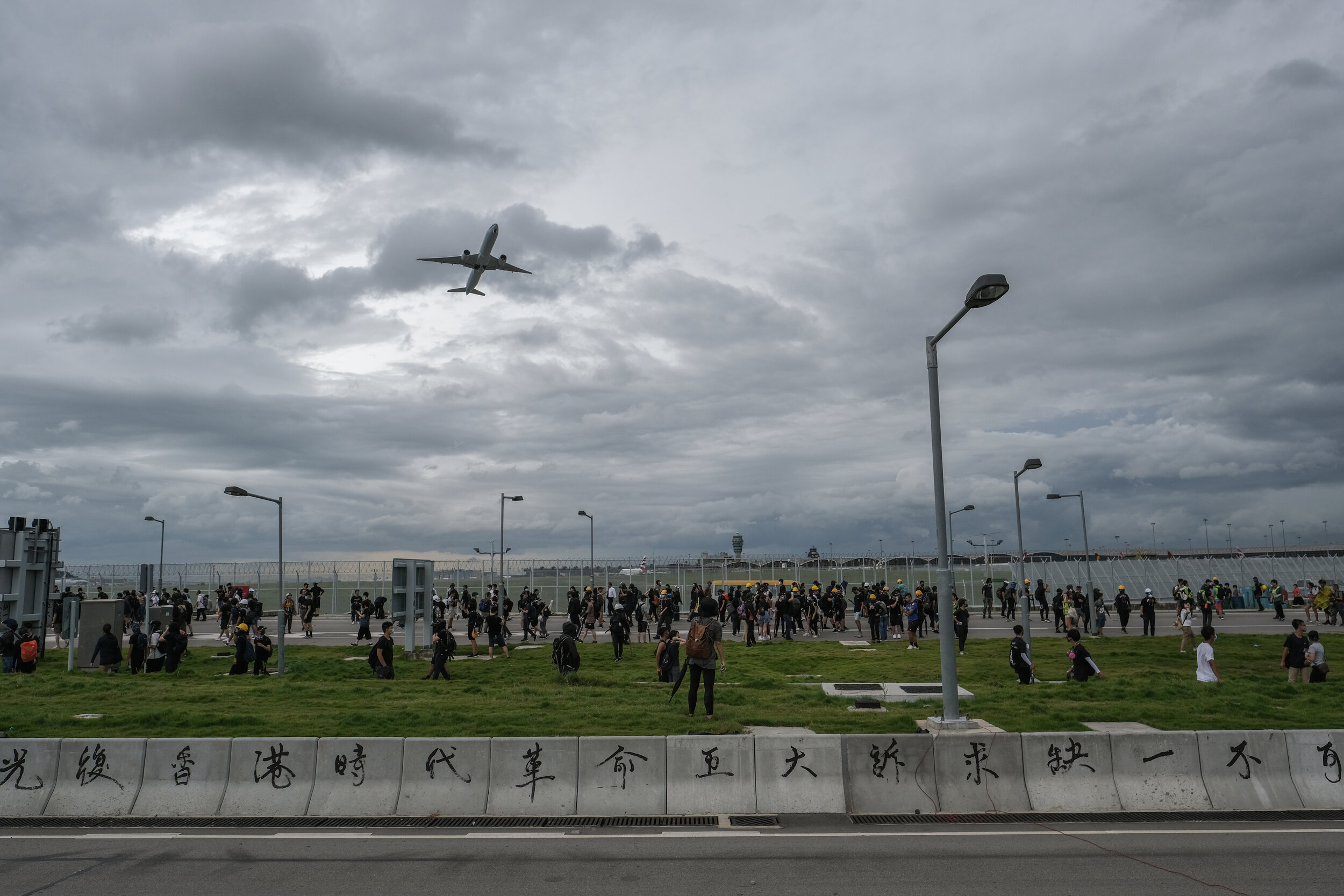







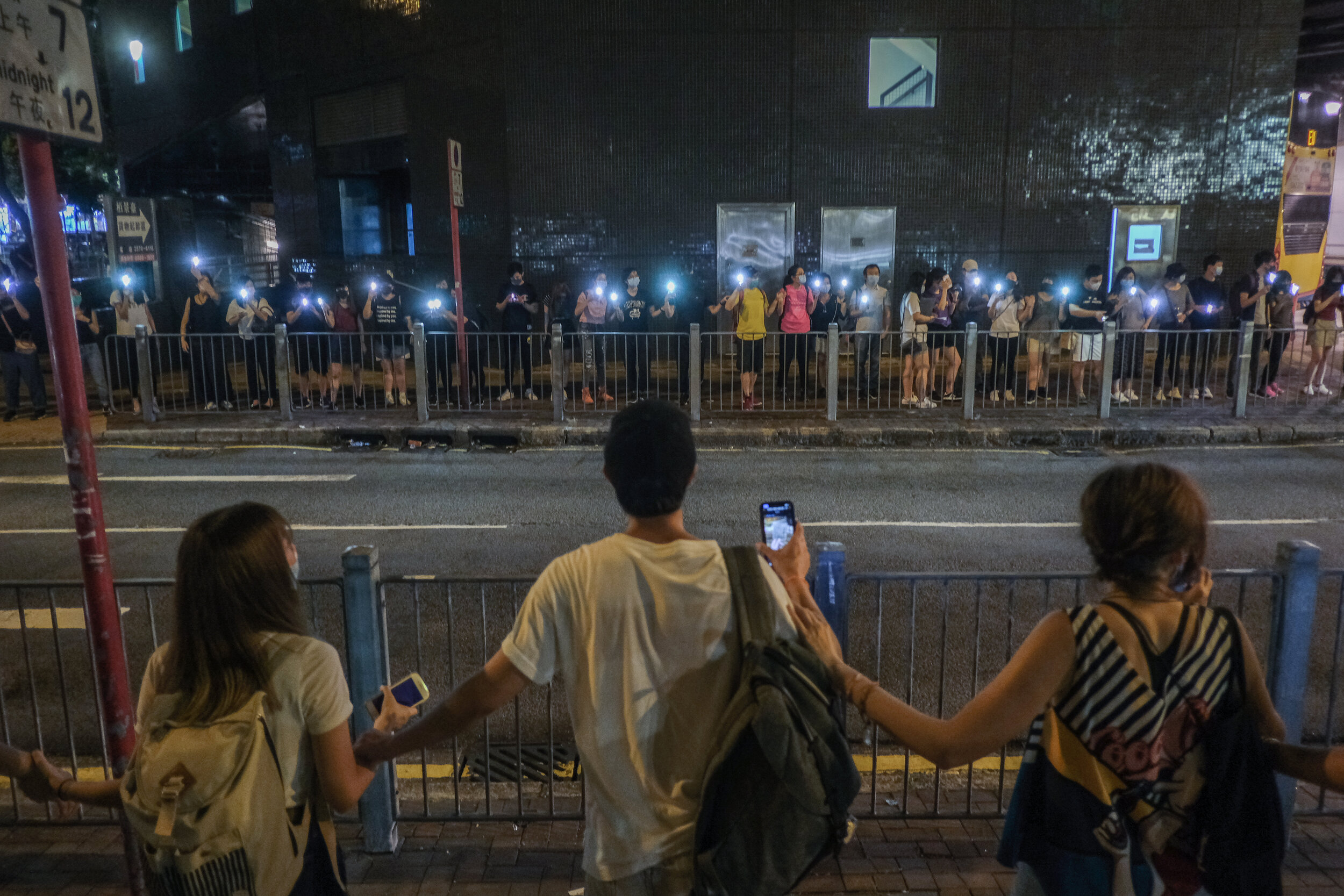

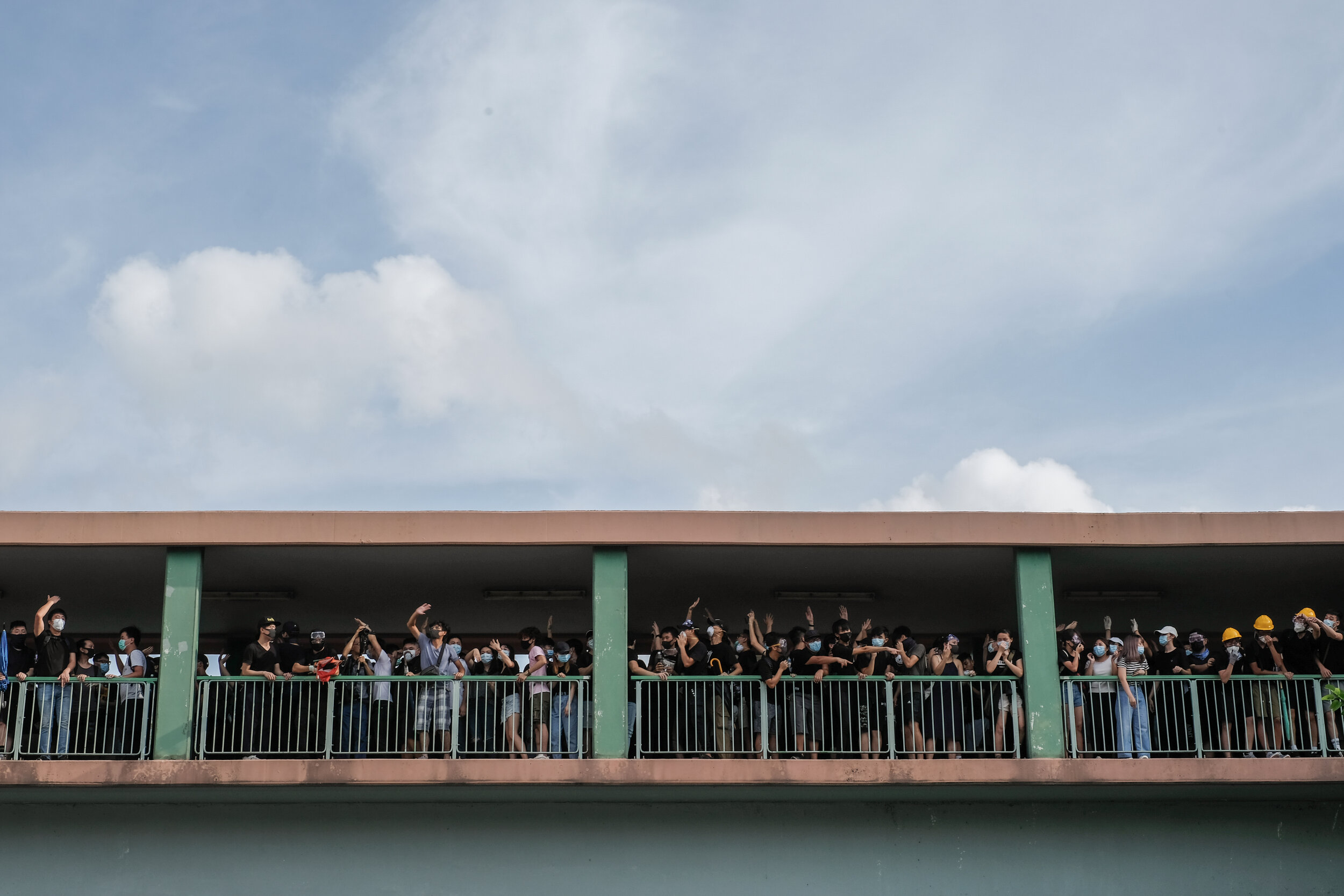

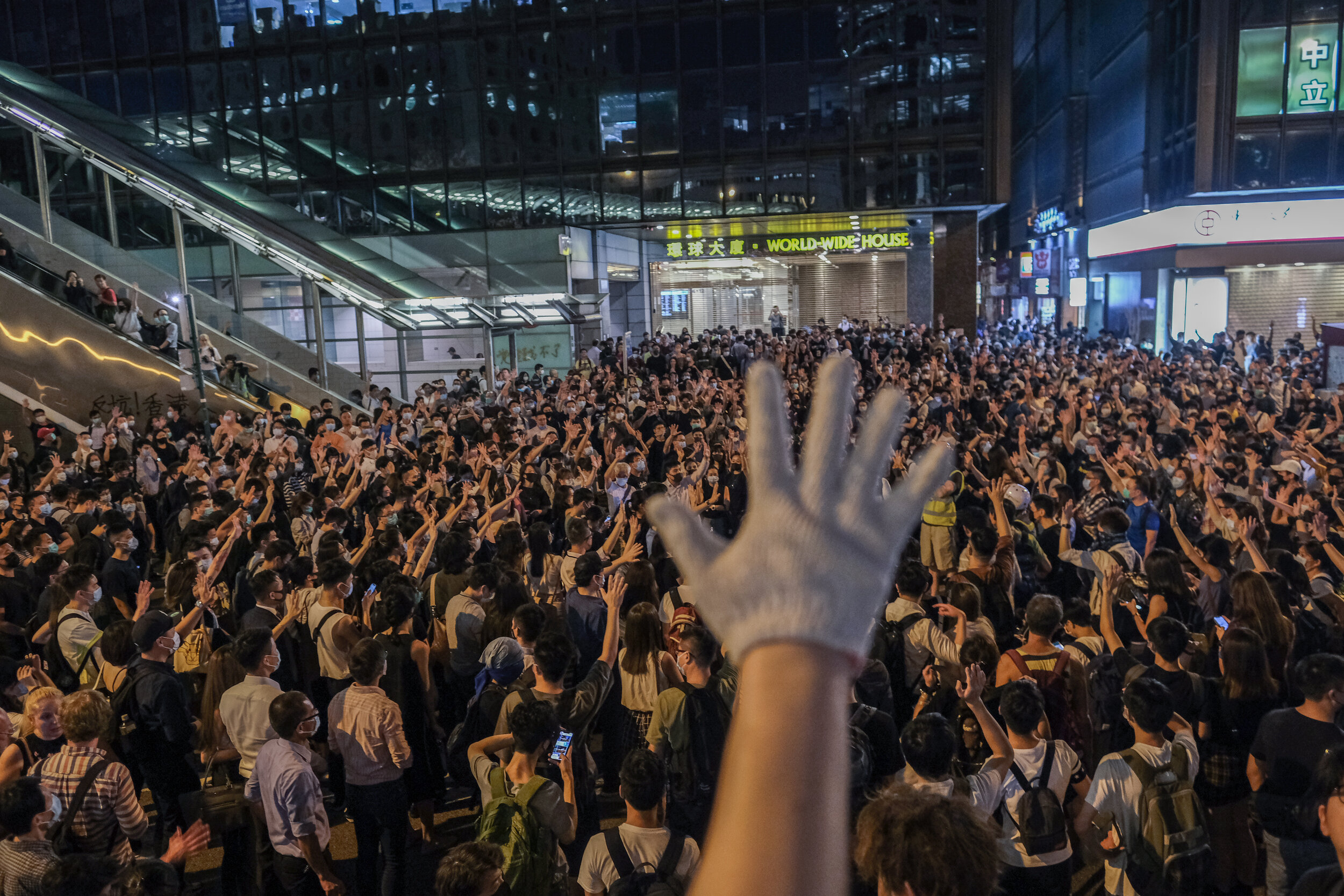




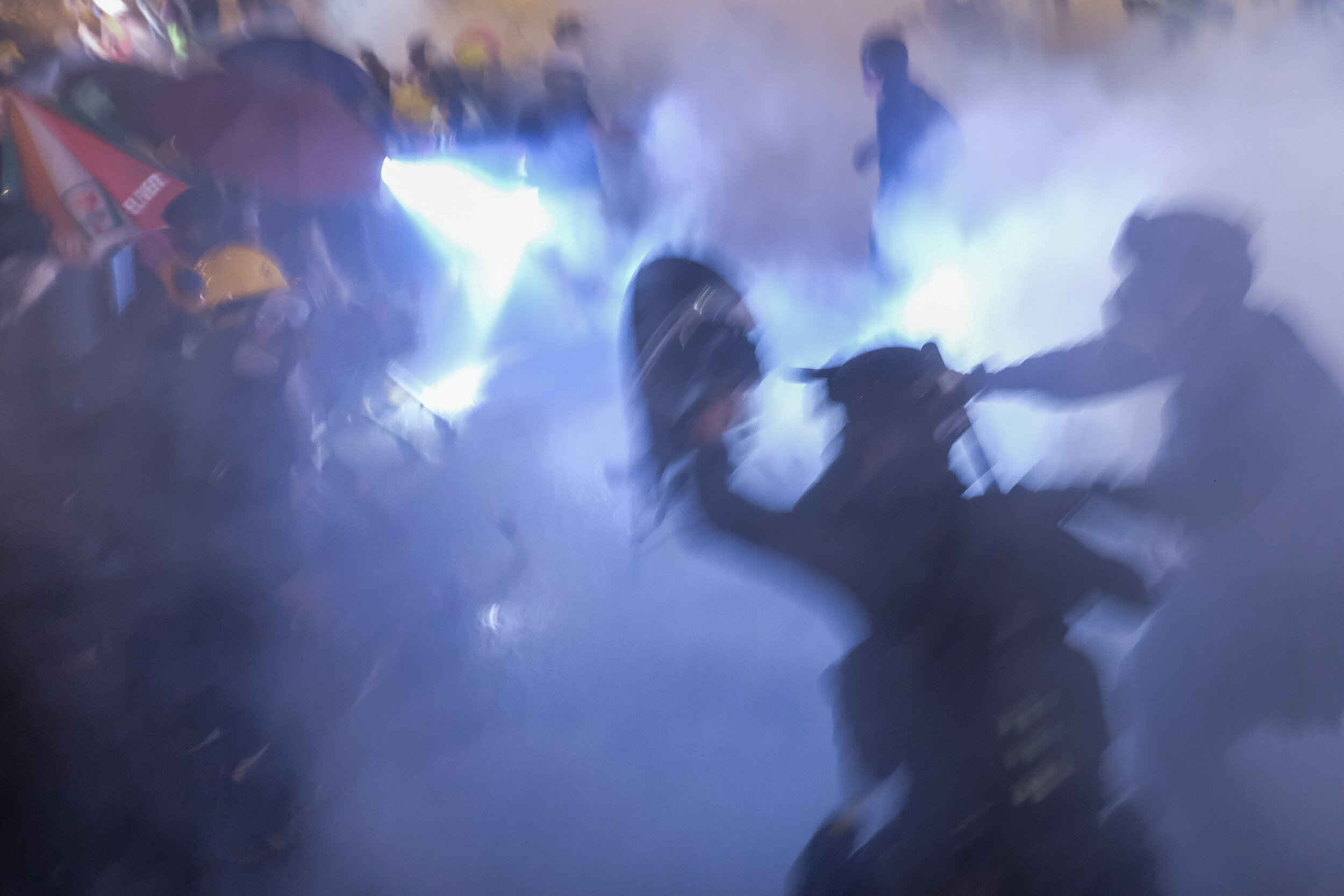
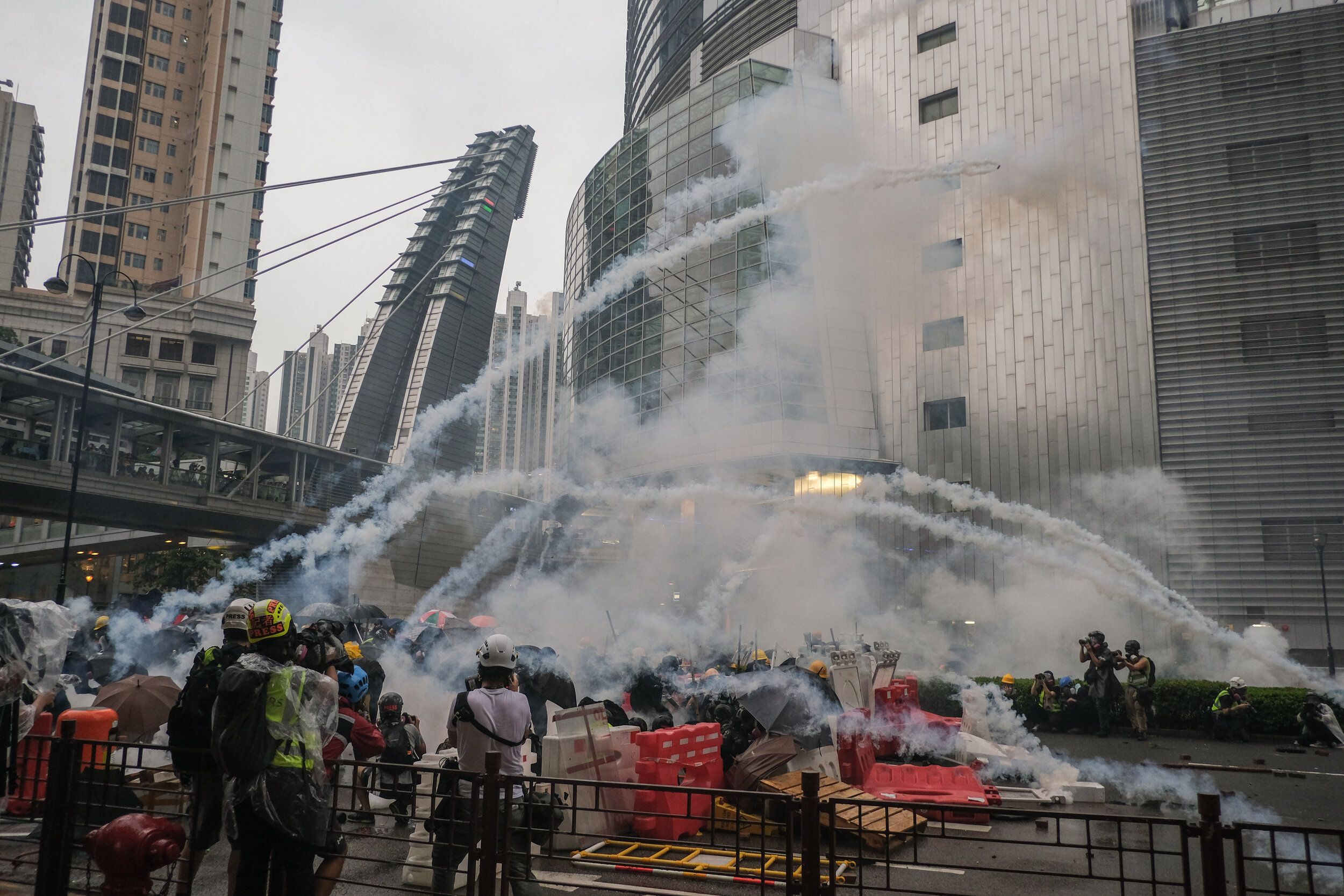
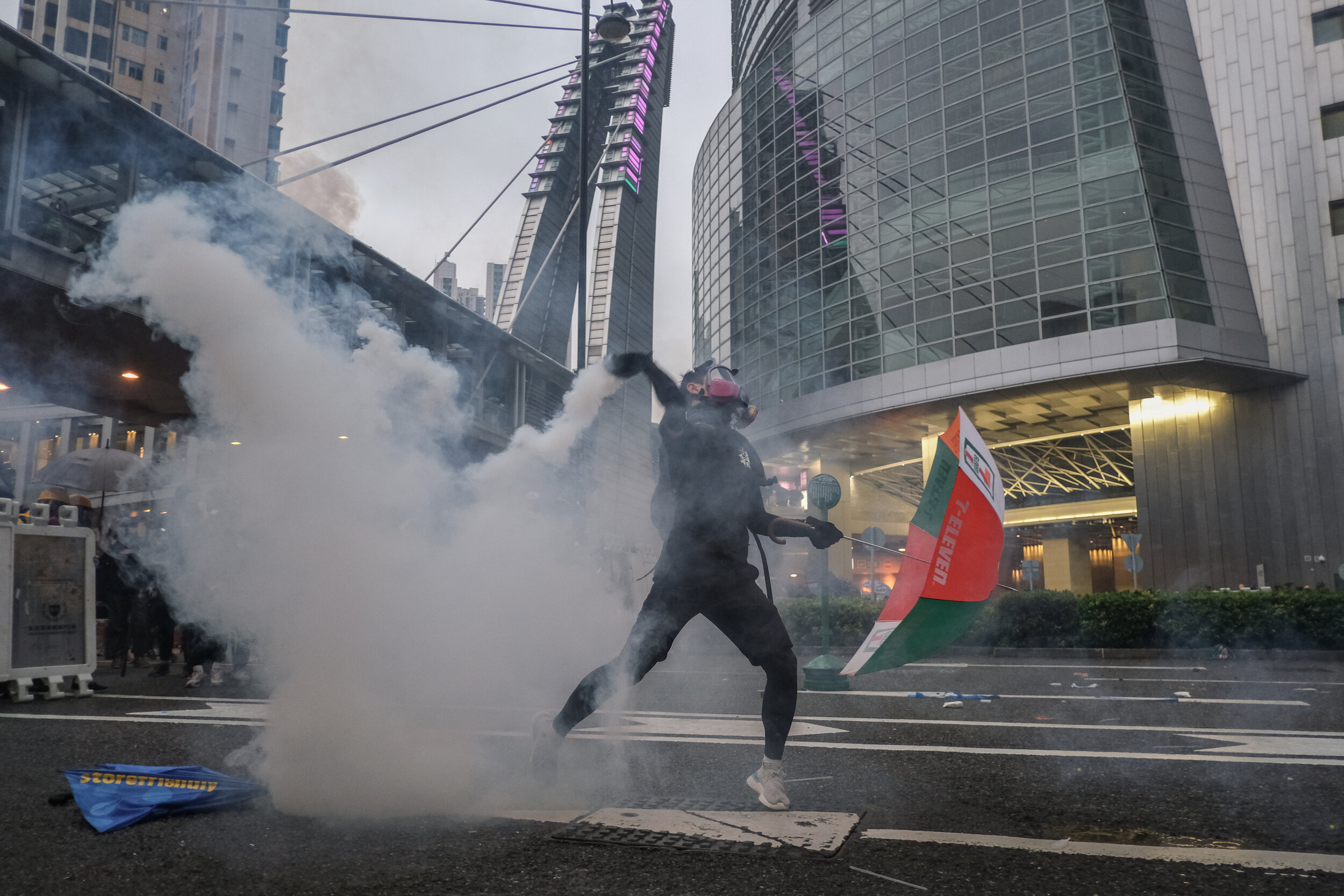
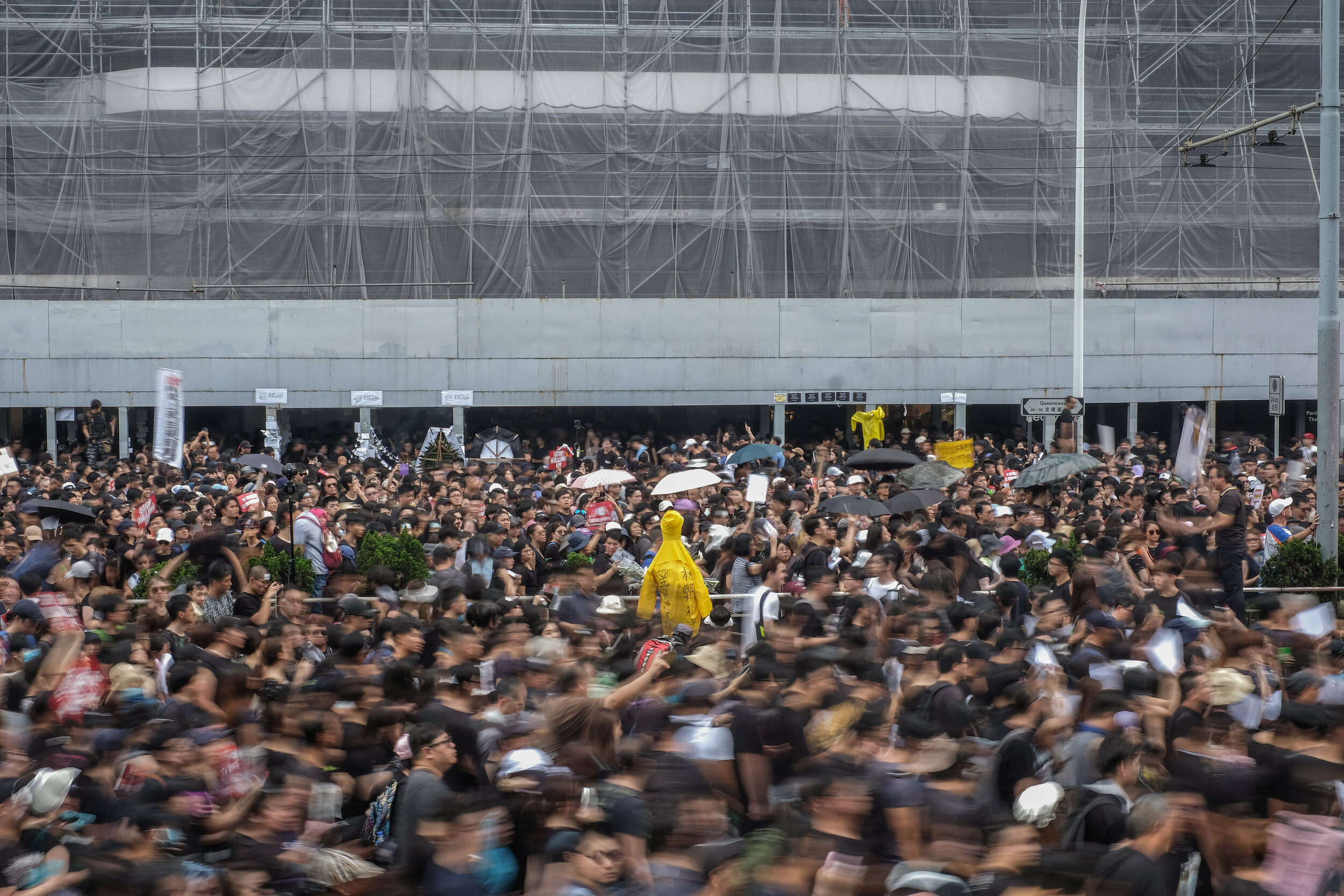

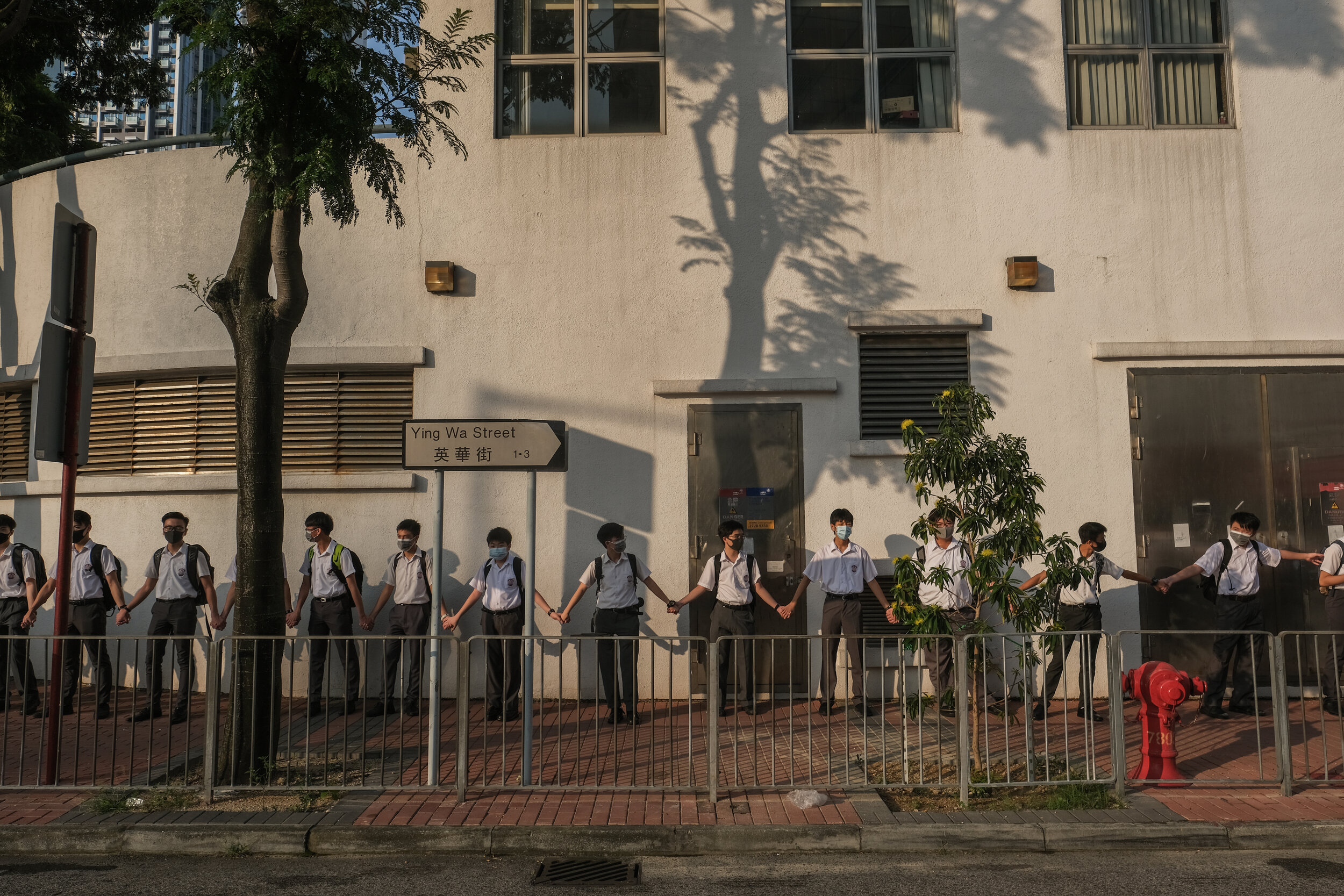













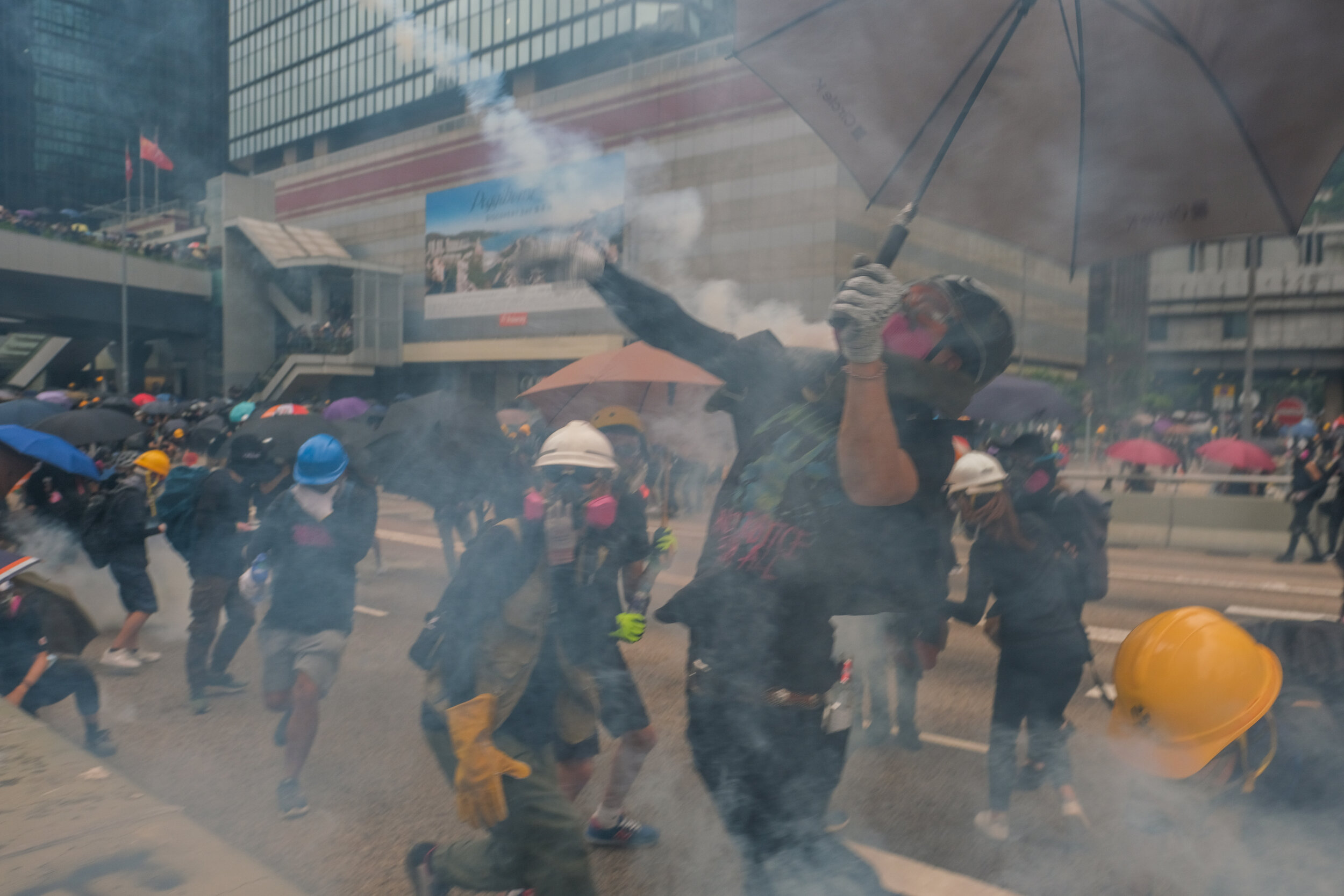



In June 2019, Hong Kong was rocked by a series of massive protests that shook the city to its core. What began as a response to an extradition bill swiftly transformed into a powerful pro-democracy movement, fueled by public anger and frustration over the government's mishandling of the situation. The demonstrations also reflected a deep-seated concern among the people of Hong Kong regarding encroachments on their cherished freedoms by the Chinese government.
Week after week, protesters took to the streets, their voices echoing through the city as they demanded the complete withdrawal of the contentious extradition bill. They also called for an official retraction of the government's labeling of the protests as "riots," the immediate release of all detained protesters, the implementation of universal suffrage, and an independent inquiry into the events that transpired since the protests began.
At the heart of the protests was a profound discontent with the excessive use of force by the police, who were accused of employing brutal tactics not only against activists but also against ordinary citizens. These heavy-handed actions only served to galvanize the resolve of the demonstrators and deepen their sense of urgency.
The prolonged nature of the protests, which lasted for nearly five months, took a heavy toll on the economy of Hong Kong. The city, once a bustling economic powerhouse, witnessed a sharp downturn as businesses struggled to attract customers and tourism dwindled, ultimately pushing Hong Kong into a recession, marking a significant setback after years of prosperity.
While the outbreak of the novel coronavirus briefly paused the demonstrations in early 2020, the spirit of resistance was reignited in May when the Chinese parliament passed a far-reaching national security law specifically tailored for Hong Kong. This controversial legislation granted the central government sweeping powers to suppress activities deemed threatening to national security, thereby posing a grave threat to the fundamental freedoms that Hong Kong residents had long cherished, including the rights to free speech and peaceful assembly.